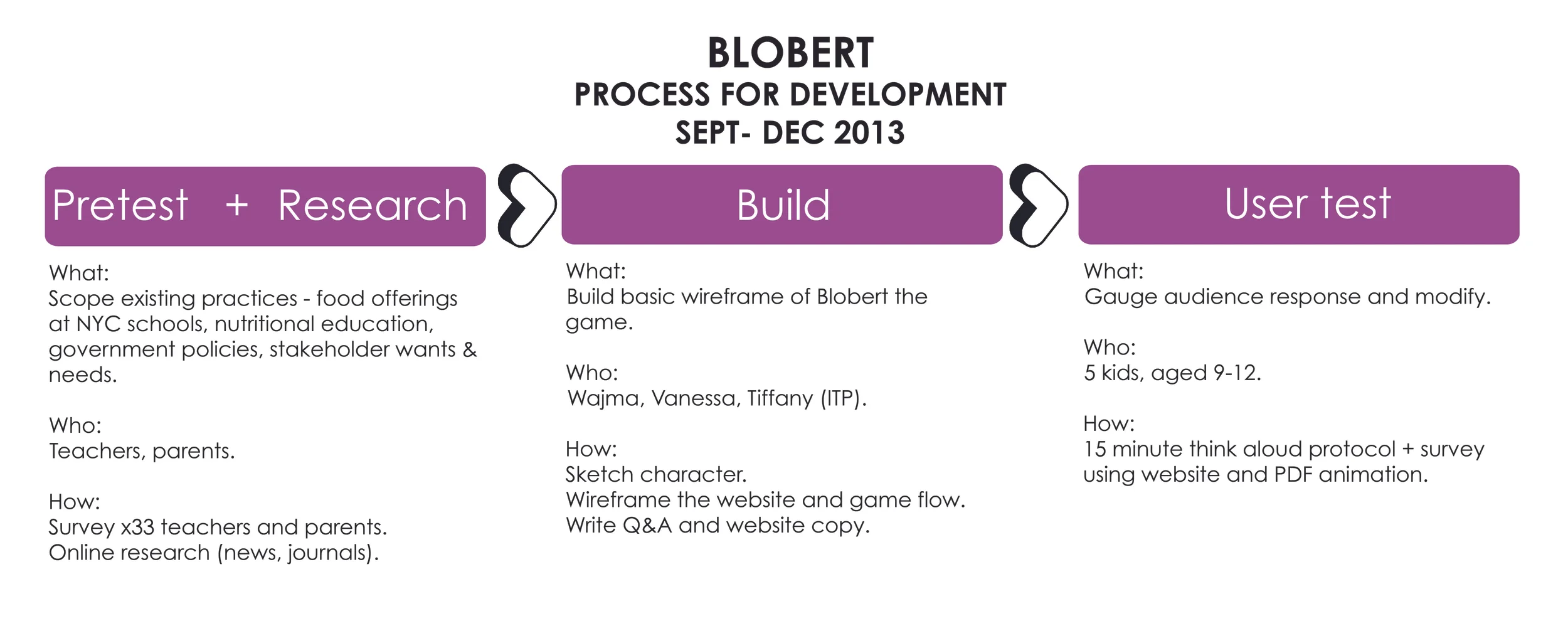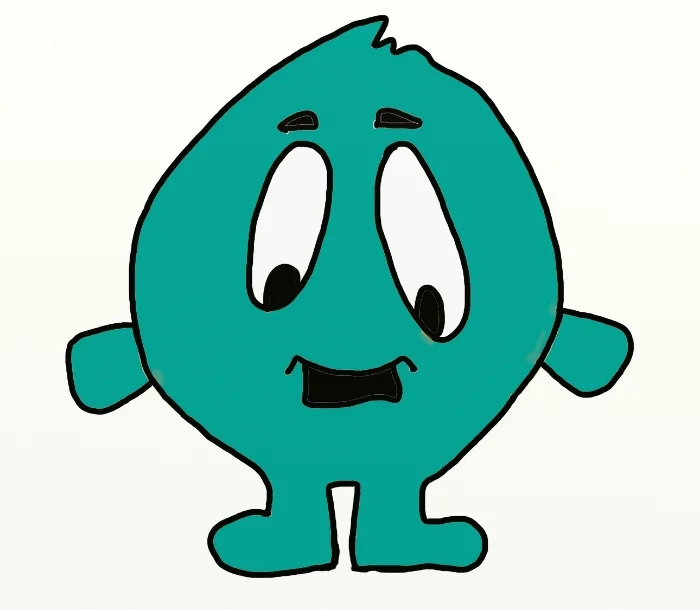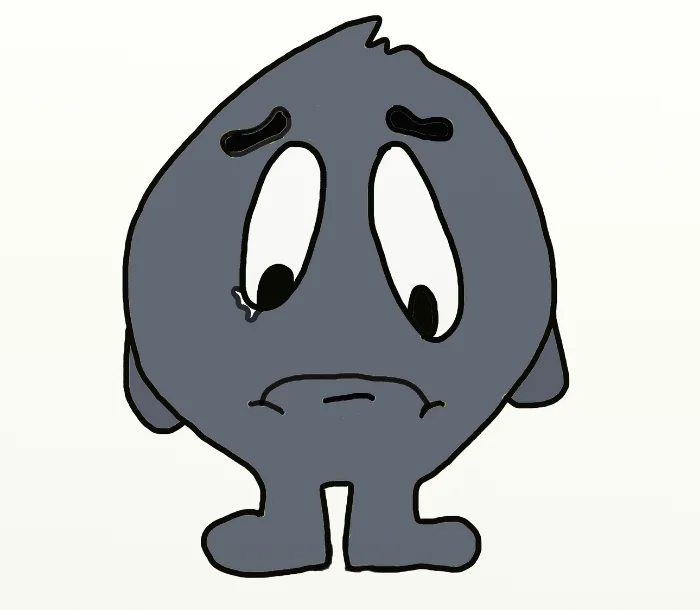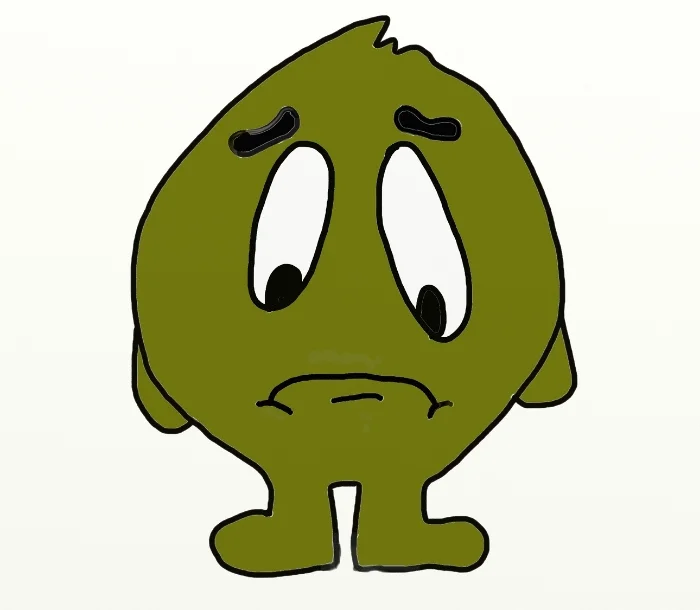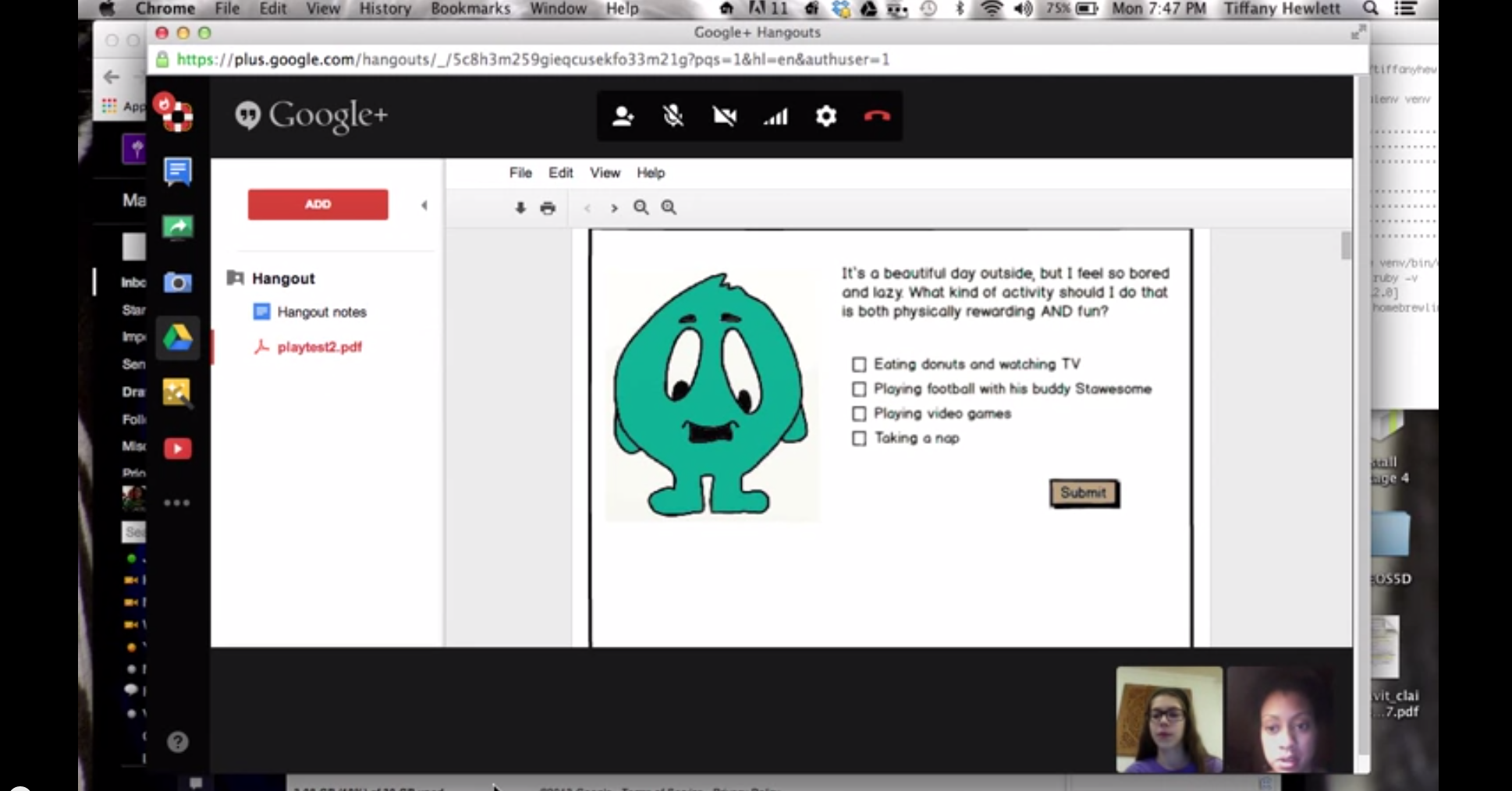Blobert
Because health education doesn't have to be boring
Concept: "Blobert" is an online game aimed at teaching 8-11 year old kids about health and nutrition. It uses Blobert, a gender-neutral character that is fun and playful, but a little perplexed about its health choices. The game is intended to develop a strong relationship between the player and the character. The more the player is aware of the influence they have on Blobert's health and well being, the more encouraged they are to make proper health choices for Blobert. In the process, they also learn.
A basic prototype of the game was developed by myself, Vanessa Joho and Tiffany Hewlett for our Human Computer Interaction class. I worked on research, copywriting, wireframing and user testing.
Created with: Wireframes using Balsamiq. Illustrations by Tiffany Hewlett.
Skills: Ideation, UX Design, Market Research, Copywriting.
Development process
Sample wireframes
Questions and answers were designed to tackle a variety of health topics, including food, sport, digestion and anatomy.
Survey










A initial survey was conducted to gauge the current state of affairs in health education in New York schools. This survey helped shape and guide our project.
Character design
Blobert 101 took on several forms including a neutral, sad and sick face, which changed according to the player's response.
User testing
User testing was conducted on 5 kids, aged 9-12, on Google Hangouts and face-to-face utilizing think aloud protocols and a short survey.
Outcomes
This project merely tapped into the huge opportunity for creating an educational game. Our research and testing was crucial in developing and modifying the game. It also helped establish the following parameters for future versions:
- Device: mobile or tablet. We found kids had the highest access to these devices, at home and at school. It could even be played at school, for example, at the beginning of class every day for 5 minutes, as we found schools did not incorporate health education in to their curriculum but that teachers were receptive to a fun, educational game like Blobert, which are not readily available online
- Rewards: interactive format with rewards / incentives to keep players motivated. This could be in the form of player rewards (score, bonuses) and character rewards (eg. hat, new clothes, sports medal)
- Animation: An animated character was perceived to be a lot more engaging. While adults focused on wording, user testing revealed that kids focused a lot more on the character - its temperament, colors, attitude. Future design iterations should focus on expanding its range of movements, moods and voice. The Q&A can also be relayed through audio
- Competition: an online sharing environment where kids can compete, as we found that where there were more than 2 kids present at user testing, excitement and determination also increased.


